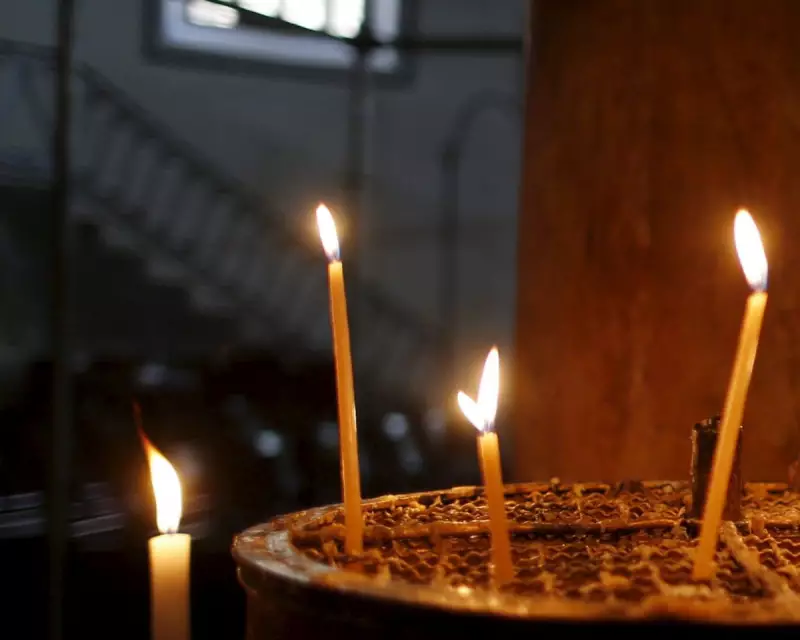
This week, The Guardian shines a spotlight on Michael Longley's evocative poem, 'A Hundred Doors', a work that captivates readers with its lyrical depth and haunting imagery. Longley, one of Northern Ireland's most celebrated poets, weaves a tapestry of memory, nature, and human connection in this latest composition.
The poem unfolds like a series of interconnected vignettes, each 'door' revealing a new layer of meaning. Longley's mastery of language is on full display, as he balances simplicity with profound emotional weight. His references to the natural world—birds, trees, and the changing seasons—serve as metaphors for the passage of time and the fragility of life.
Themes and Imagery
Longley's work often explores themes of love, loss, and the Irish landscape, and 'A Hundred Doors' is no exception. The poem's structure, with its hundred doors, suggests both abundance and limitation—each door a potential entry point into memory or imagination, yet also a barrier to what lies beyond.
The imagery is both vivid and subtle, inviting readers to pause and reflect. Lines like 'the wind carries the sound of a hundred keys turning' evoke a sense of mystery and anticipation, while grounding the poem in sensory detail.
Emotional Resonance
What makes 'A Hundred Doors' particularly striking is its emotional resonance. Longley's ability to convey complex feelings with economy and precision allows the poem to linger in the mind long after reading. It is a testament to his skill that such a brief work can feel so expansive.
As The Guardian's 'Poem of the Week,' this piece reaffirms Longley's place as a vital voice in contemporary poetry. Whether you're a longtime admirer or new to his work, 'A Hundred Doors' is a rewarding read that invites repeated visits.






